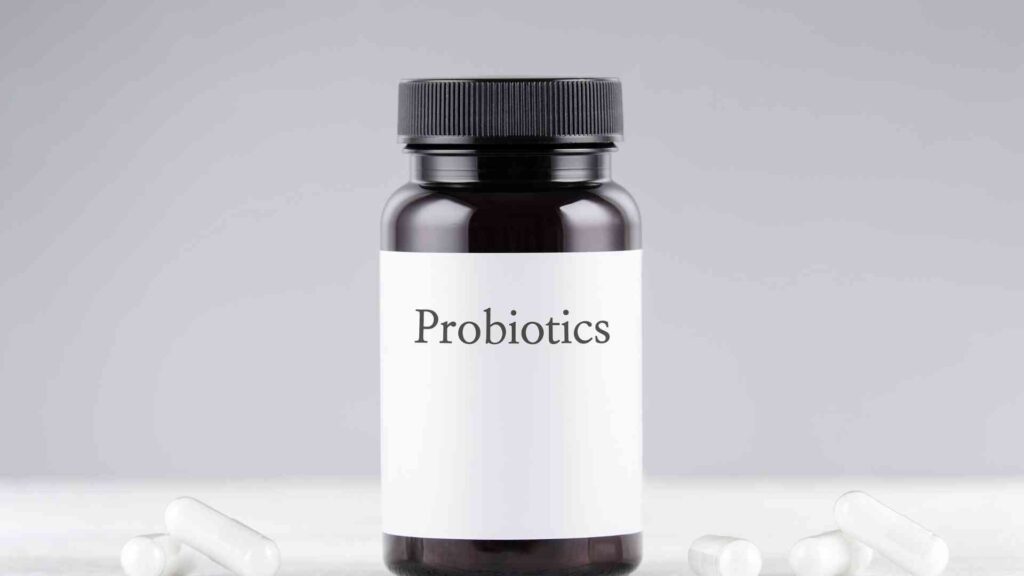Discover comprehensive information for all aspects of sexual health and find resources and guidance to empower your sexual well-being.
Erectile dysfunction (ED) is a condition that affects many men worldwide, leading to significant stress,…
Discover comprehensive information for all aspects of sexual health and find resources and guidance to empower your sexual well-being.
Erectile dysfunction (ED) is a condition that affects many men worldwide, leading to significant stress,…
Painful erections never indicate normalcy, and sometimes signal a medical emergency. Severe pain may necessitate…
The pelvic floor muscles are the unsung heroes of our body’s core, providing support to…
Achieving and maintaining a strong penile erection is a common concern for many men. It…
Erectile dysfunction (ED) is a common condition that affects millions of men worldwide, causing distress…
Feeling nervous about sexual performance, known as Sexual Performance Anxiety (SPA), is pretty common. But…
Prostate health is a critical concern for men, especially as they age. The prostate gland…
Consuming a daily prebiotic or probiotic to maintain gut balance and health has gained immense popularity. Probiotics, which are beneficial bacteria, thrive on prebiotics, which serve as their food. Eating foods or supplements containing both can effectively balance your gut bacteria.
Table of Contents
ToggleBoth probiotics and prebiotics play vital roles in human health, but they serve different functions:
These live bacteria are present in certain foods or supplements and offer numerous health benefits.
These substances derive from certain carbohydrates, predominantly fiber, which humans cannot digest. The beneficial bacteria in the gut consume this fiber.
The gut bacteria, collectively known as the gut flora or gut microbiota, carry out numerous crucial functions in the body.
Consuming balanced quantities of both probiotics and prebiotics can help maintain the appropriate balance of these bacteria, thus promoting a healthy gut microbiota.

Probiotics consist of live strains of bacteria ingested to directly increase the population of beneficial bacteria in the gut. On the other hand, prebiotic foods nourish existing gut bacteria, allowing them to flourish and function effectively.
Research indicates that probiotics are primarily beneficial when the gut microbiome is imbalanced; for instance, they can alleviate diarrhea resulting from infection or following a course of antibiotics.
While studies are limited, certain bacterial strains have demonstrated efficacy in reducing symptoms of irritable bowel syndrome, particularly bloating. However, a study has indicated that consuming fermented foods 1–5 times weekly is associated with subtle alterations in gut bacteria. Nevertheless, generally, healthy individuals should not require probiotic supplements.
Probiotics are a result of Lacto-fermentation, where cultures consume starch or sugars in the food and produce lactic acid.

Yogurt is produced from milk fermented by bacteria. To benefit from its probiotic effects, choose a yogurt with live or active cultures and no added sugar.
This beverage serves as a potent probiotic and can be prepared at home from milk or water and reusable “grains” containing bacteria, yeast, and enzymes.
Made from fermented cabbage using naturally present lactic acid bacteria, sauerkraut is also a rich source of fiber.

A widely used condiment in Korea, kimchi consists of cabbage or other vegetables fermented by bacteria, often flavored with chili and garlic.
Derived from sweet tea fermented with a culture of bacteria and yeast, research on its benefits remains unclear.
A key benefit of prebiotic foods is that different types of non-digestible fibers within the food are broken down by gut bacteria, which then produce gut-protective short-chain fatty acids. Some studies show that eating a type of dietary fiber called inulin can help maintain the gut’s mucus barrier and prevent inflammation. It’s best to increase prebiotic food intake gradually, to avoid bloating.

Probiotic supplements, available in the form of pills, powders, or liquids, contain live beneficial bacteria or yeast. While they are widely accessible, not all probiotic supplements are equal in terms of bacterial strains or concentrations. Many products on the market make claims without evidence of efficacy.
Additionally, probiotic supplements often lack fibrous food sources necessary for bacteria to thrive, potentially reducing their effectiveness if not supplemented with such foods.
Certain probiotic supplements are engineered to deliver bacteria directly to the large intestine for enhanced efficacy, while others may not survive exposure to stomach acid.
Individuals with conditions like small intestinal bacterial overgrowth (SIBO) or sensitivities to supplement ingredients may experience worsened symptoms or should avoid probiotic supplementation altogether.
Nevertheless, specific strains of probiotics can offer significant benefits depending on factors such as strain type, product formulation, quality, and storage conditions. It’s advisable to consult with a healthcare professional knowledgeable about probiotics before incorporating them into your regimen.
Read more about the importance of gut health here.
Maintaining a balanced gut bacteria is crucial for overall health.
To achieve this, incorporate ample amounts of both prebiotic and probiotic foods into your diet, as they contribute to fostering an optimal balance between beneficial and harmful gut bacteria.
Consult with your healthcare provider to ensure you’re consuming the appropriate quantities of each. Overconsumption or potential side effects are possible, so professional guidance is essential.
References
Dr. Nishtha, a medical doctor holding both an MBBS and an MD in Biochemistry, possesses a profound passion for nutrition and wellness. Her personal journey, marked by significant struggles with physical and mental health, has endowed her with a unique empathy and insight into the challenges countless individuals face. Driven by her own experiences, she leverages her background to offer practical, evidence-backed guidance, empowering others on their paths to achieving holistic well-being. Dr. Nishtha truly believes in the interconnectedness of the mind and body. She emphasizes the significance of understanding this connection as a crucial stride toward attaining balance and happiness in life.

